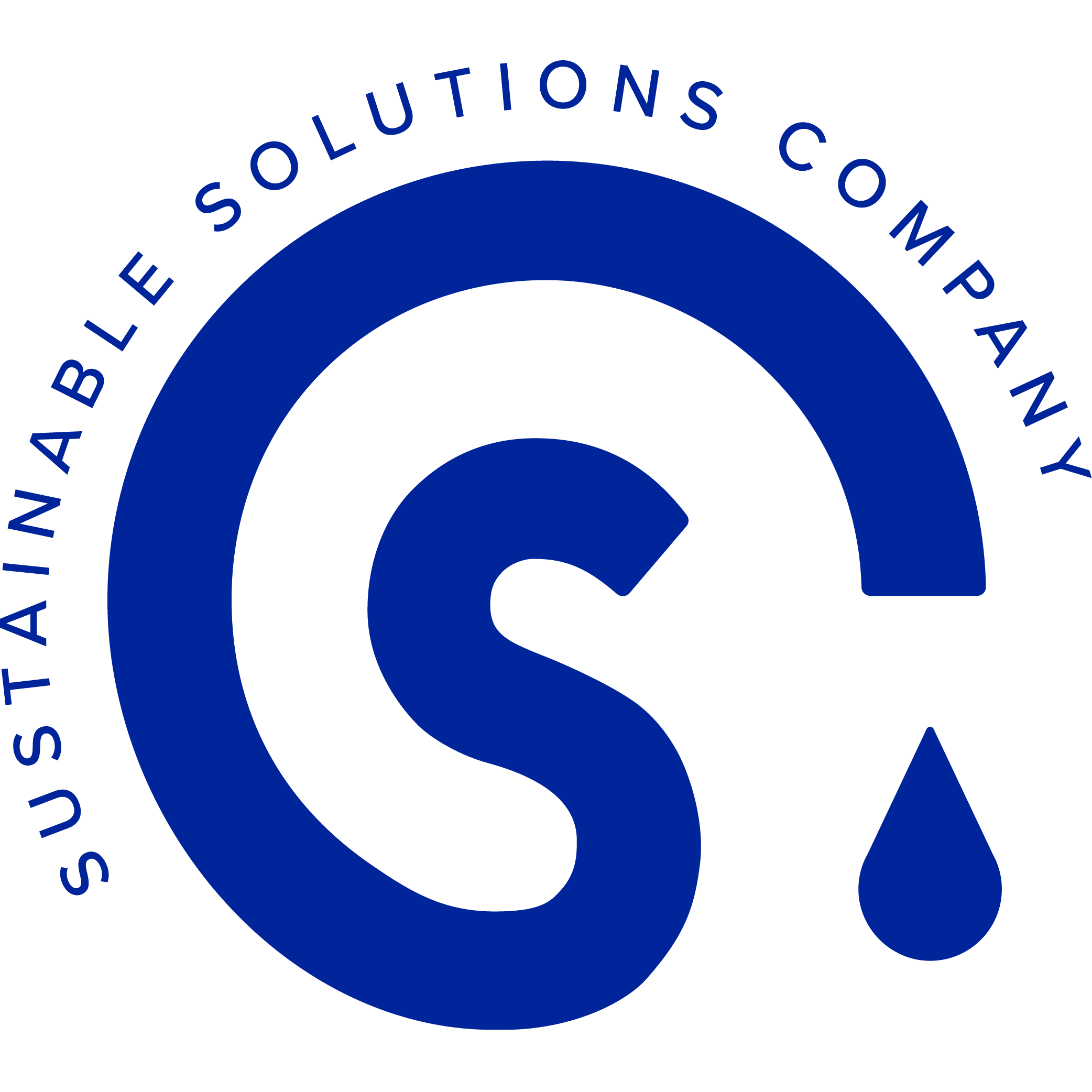

SuCo Tasarım

Istanbul Province, Turkey
July 2024
Rubber & plastics products
Wholesale/Retail
Turkey,
United Kingdom
SuCo is the leading sustainable solutions company, founded in Istanbul, 2015. Taking on the mission to create awareness against single-use plastics, SuCo foldable and reusable water bottle became a game changer and the pioneer brand for individuals who want to stay hydrated in a sustainable fashion, as well as for companies that aim to spread positive environmental impact. They have taken solid action to prevent the consumption of millions of single-use plastic bottles by creating awareness campaigns across Turkey and later launched in the UK to pursue their international goals. Their mission not only focuses on creating environmental awareness, but also on emphasizing social wellbeing through empowering ethical production, female workforce and collaborations ranging from the leading local NGOs to building a water well in Africa. In addition to its hero product, SuCo is always on the lookout for new ways of creating impact; which led to the Watercycle Collection, this time taking action on the plastic bottle waste, recycling and transforming them into sustainable raincoats and accessories.
Overall B Impact Score
Governance 9.2
Governance evaluates a company's overall mission, engagement around its social/environmental impact, ethics, and transparency. This section also evaluates the ability of a company to protect their mission and formally consider stakeholders in decision making through their corporate structure (e.g. benefit corporation) or corporate governing documents.
What is this? A company with an Impact Business Model is intentionally designed to create a specific positive outcome for one of its stakeholders - such as workers, community, environment, or customers.
Workers 23.9
Workers evaluates a company’s contributions to its employees’ financial security, health & safety, wellness, career development, and engagement & satisfaction. In addition, this section recognizes business models designed to benefit workers, such as companies that are at least 40% owned by non-executive employees and those that have workforce development programs to support individuals with barriers to employment.
Community 25.7
Community evaluates a company’s engagement with and impact on the communities in which it operates, hires from, and sources from. Topics include diversity, equity & inclusion, economic impact, civic engagement, charitable giving, and supply chain management. In addition, this section recognizes business models that are designed to address specific community-oriented problems, such as poverty alleviation through fair trade sourcing or distribution via microenterprises, producer cooperative models, locally focused economic development, and formal charitable giving commitments.
Environment 21.2
Environment evaluates a company’s overall environmental management practices as well as its impact on the air, climate, water, land, and biodiversity. This includes the direct impact of a company’s operations and, when applicable its supply chain and distribution channels. This section also recognizes companies with environmentally innovative production processes and those that sell products or services that have a positive environmental impact. Some examples might include products and services that create renewable energy, reduce consumption or waste, conserve land or wildlife, provide less toxic alternatives to the market, or educate people about environmental problems.
Customers 2.2
Customers evaluates a company’s stewardship of its customers through the quality of its products and services, ethical marketing, data privacy and security, and feedback channels. In addition, this section recognizes products or services that are designed to address a particular social problem for or through its customers, such as health or educational products, arts & media products, serving underserved customers/clients, and services that improve the social impact of other businesses or organizations.